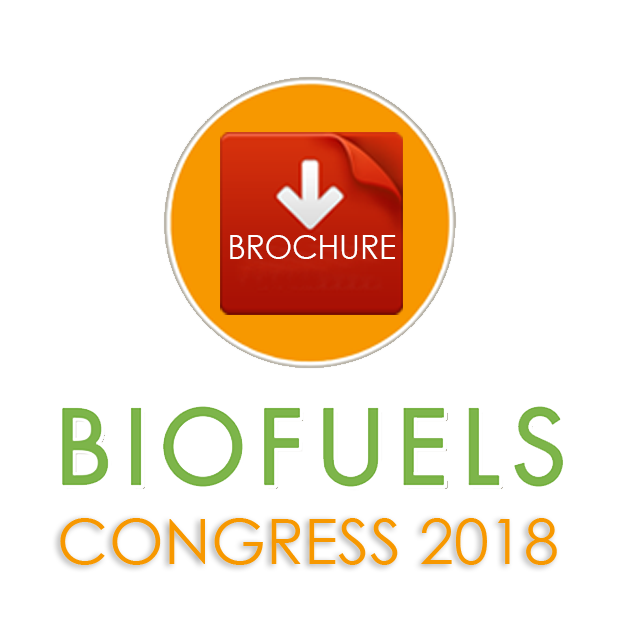Touria Barradi
Ecole Centrale de Casablanca, Morocco
Title: Moroccan energy transition: development of renewable energies and energy efficiency
Biography
Biography: Touria Barradi
Abstract
Sustainable pace of growth in electricity demand, high energy dependency and predominance of fossil fuels, led Morocco to undertake an ambitious, innovative and voluntarist National Energy Strategy on going with an emphasis on renewable energies (RE) [1]. The valorization of its high solar and potential [2] and the development of its interconnections predispose it to become an electricity hub in North and West Africa, and a potential partner of the EU. Initiated in the 1980s by a policy of dam construction, the energy transition has been reinforced during the last decade with the solar and wind contributions. Multiple challenges are addressed: the electrification rate is 100% in urban areas and is gradually approaching this value in rural areas [3], energy dependency decreased from 98% in 2009 to less than 93% this year, aiming to reach 82% in 2030 and the first solar Kwh was injected into the transmission grid in 2016, from the NOORo complex, considered the largest multitechnology solar site in the world [4]. The implementation of 10 GW leads the RE integration rate in the energy mix to reach 52% by 2030, making a historic turning point where the share of renewable electricity will exceed the share of fossil electricity [5]. A specific legislative, regulatory and institutional framework has also been implemented. The flexibility of the electric system and the reduction of RE intermittencies is achieved through the Energy Transfer Station by Pumping (ETSP), the CCGT and international interconnexions. Biomass and biogas benefit from the important agricultural residue and the abundance of organic components in the waste. In line with its commitment towards the climate, public health and the reduction of atmospheric emissions, Morocco intends to develop specific programs dedicated to process solid and liquid effluents [6�]. The energy efficiency is also an important pillar of the Moroccan energy strategy, contributing to save 5% of the energy consumed by 2020 and 20% by 2030. The primary targeted sectors are transport, building, industry, agriculture and public lighting [7]. The intervention will give an overview of these main programs and projects with a social-economic impact. Recent Publications 1. Moroccan National Energy Strategy, Ministry of Energy Water Mines and Environment (2009) 2. Atlas of renewable energies in Morocco, ADEREE (2012) 3. Rural Electrification Program (PERG), one.org.ma 4. Moroccan Agency of Sustainable Energy (2016) 5. Ministry of Energy Mines and Sustainable Development, "Moroccan Energy Strategy" (2018)

